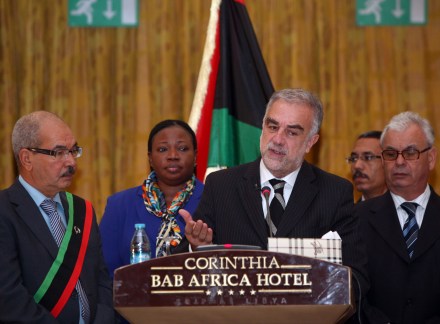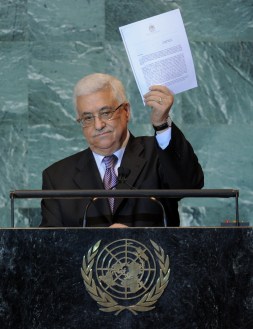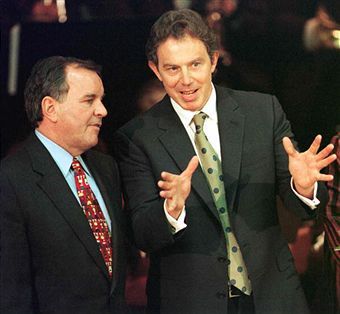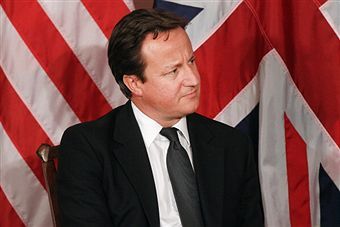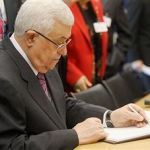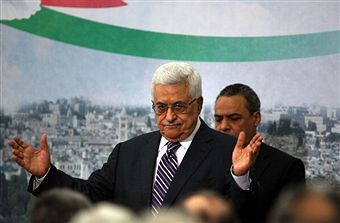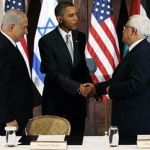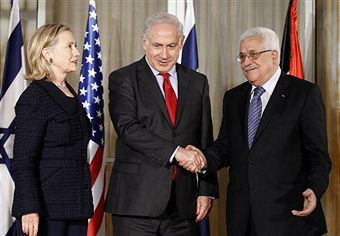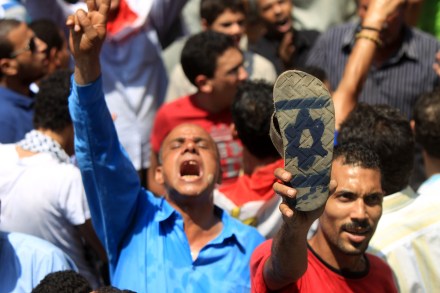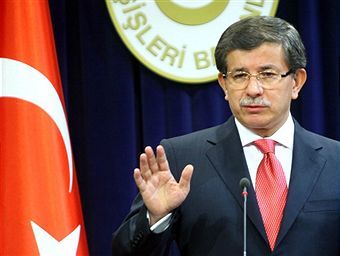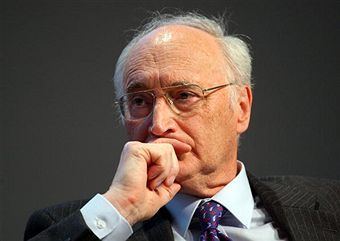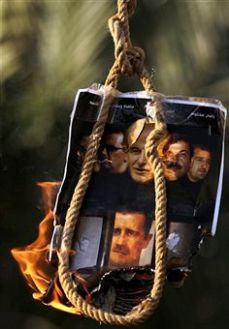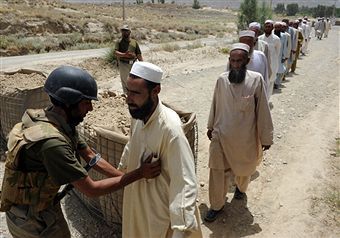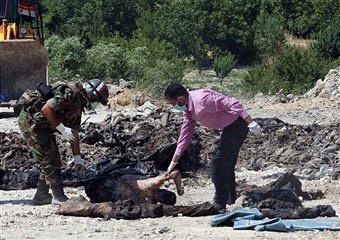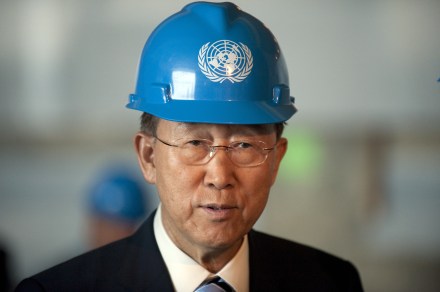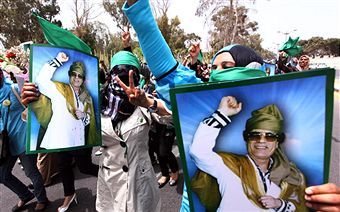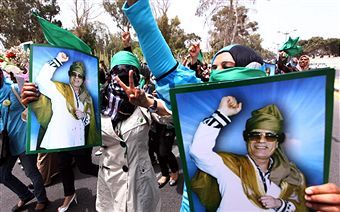Paying for justice
To British ministers, the role that the International Criminal Court played over Libya was key – it made clear that Colonel Gaddafi’s actions were unacceptable and would be subject to international law. Tory MP Dominic Raab even wrote a piece in The Times about the need for Libyans to rely on the ICC in The Hague, rather than seek retribution and revenge against Gaddafi and his loyalists. And it wasn’t only the British government. German Chancellor Angela Merkel stated that the Libyan leader Muammar Gaddafi should be tried by the ICC: ‘Gaddafi should have a trial according to the law, something he never did with his opponents,’ Merkel said when
